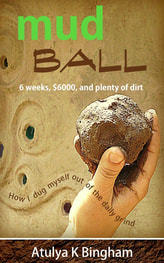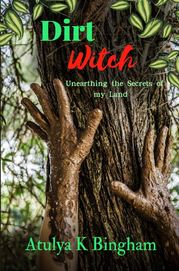|
Summer is always the worst. The days too long, the grass too fast growing, and winter never ceases to jab at the edges saying, “get ready for me, I’m not that far away.” This summer the sky opened wide and blue like a shark’s mouth. The brown teeth of the sierra ringed my world, chomping at the hot flabby days. Green slopes yellowed in desiccation, and I’m sorry to say I desiccated with them. After three years of this barn lark, of squeezing my life into a couple of hen coops, of no hot water, no mod cons, nothing even vaguely labour-saving even on the horizon, I’ve reached the husk of myself. The trouble is, that hasn’t stopped me. The great pendulous carrot that is “Moving Into My Barn” has been hanging just near enough to entice me, but just far enough to elude me. Typically, the going has been incremental. Summer slid hot and distended over the months. While the rest of Europe dry-roasted, we slow-boiled. My muscles grew steadily heavier, my body slower. I kept going. Every day I did something towards that barn: cutting wattles, weaving them, building wardrobes and pantries, mixing plaster, sanding wood. The bedroom began to take shape. It encouraged me. Bismil, a Turkish friend, came to help a few times. It boosted me further. Things turned the corner out of the cul-de-sac of the impossible and I started to find places my eyes could rest that weren’t entirely overwhelming. But ultimately we only have so much energy. It’s probably the biggest lesson of off-grid living that we all have to learn. Time isn’t the overlord; it’s energy. And the longer you’re in the game, the more precious that energy becomes. Burnout It was Hilde who broke the camel’s back. She got sick and died, and it was one enervation too many. Finally it happened. I burned out. Thus I broke like a wave on a rocky beach. There was so much foam, and the undertow so powerful, I couldn’t see the shore. So I drove bleary-eyed from the seaside, away from tides and winds and big stone barns, towards other bodies of water and other lands. Towards the mountains of Portugal. New World “I’ll show you the watering tomorrow. Right now I just want to chill out for a bit.” Tiffany sat opposite me on the picnic bench in denim shorts and a flowing blouse. She pulled at the ring top on a bottle of beer. We clunked bottles and drank. I scanned this new world. Courgette plants wriggled over bracken mulch, huge cucumbers dripped from hazel tripods, and clusters of ripe cherry tomatoes glistened temptingly on vines. Hot dry air burned my nostrils, and for the first time in months my skin wasn’t toad-clammy, but warm and crisp like tanned leather. It felt good, to be honest. Taking a swig of beer, I gazed out at the lilac sky. It was as smooth as silk, only broken by an eerie plume of smoke rising from behind the mountain. “Another fire,” Tiffany bowed her head. “It’s so sad. A quarter of the park has gone, all ancient forest.” I blinked. The bubbling smoke looked like a pyroclastic cloud from a volcano. “We need rain so much. We’re praying for it. I’m not going to lie, this year I almost considered giving up. Off-grid burnout. There’s so much to do, and I have to earn a living too. And then the water shortages, and all these fires...” I nodded. “I’m right there with you. I’m broken, to be honest. But do you really think you would leave?” I could hear insects whirring in the woodland, and the healing aroma of the pine trees began to work its magic on my sinuses. Just sitting here was therapy. Tiffany pulled a batik scarf over her shoulders as the temperature started to drop. “How would I give this up? I don’t think I could go back to that other life.” I nodded. “Me too. I lived in a flat for eight months after I left Turkey. I was miserable. Here there’s the land, the nature, the beauty, the clean food and water... What was your vision for this place, you know, when you first bought it?” Pulling her salt and pepper hair back, Tiffany straightened, her face came to life. “I wanted it to be a healing place for women, like a retreat with a yurt or cabin they could stay in and meditate while I bring them food.” My eyes widened as I heard this. My idea of heaven. “But...” Tiffany waved her beer at the staccato of beautiful terraces flowing with grapevines and massive fig trees. The moon was rising now over the mountain, and the entire vista turned mythical. “But I don’t have enough money for more infrastructure. I need a shower, and at least some basics.” Her voice trailed off. My thoughts and feelings followed them, and I wondered if I’d made a mistake. I needed a rest, but surely this was more of the same. More roughing it. More discomfort. I eyed the bell tent I was going to stay in and then the chicken coop, and felt my throat catch. I was tired. So tired. The Pond Three days later I was plucking a ripe cucumber, feeling very differently. The morning sun gilded the burgeoning vegetable gardens and my skin was sucking up the UV hungrily. My muscles were softening, my head quietening. There was space around the jagged edges of me now to move, to think, to breathe. Chickens pottered about in the terrace below. The grapes were ripening. And the pond rippled with bulrushes and frogs. The pond was my favourite element in Tiffany’s gorgeous off-grid world. That there could possibly be such a beautiful little body of water in a drought of this severity seemed a divine blessing, a glistening oasis of hope hiding in a barren fire-beaten outback. I stared into that pool often and was reminded of fairy tales. It was fed by spring water, brimmed with insects and amphibians, and it smelled muddy and pondy with damson flies flitting over it like messengers from the faerie realm. Then there was the water mine. Every day I collected drinking water from a tiny cave in the rocks. Depending on the time of day, any manner of creatures would come hurtling out: bats, birds, bees, flies, and then there were the strange water spiders that skated on the surface in clumps. They would crawl all over you as you sank your bottle into the pool. In the evenings as I stared around Tiffany’s land, the plants stretched higher and greener while the huge granite boulders hugged us. This land was so happy, so loved and so loving. I was moved and rejuvenated by it. The Simple Life Many people move to the sticks, but few and far between are those who can let go of their high-impact over-complex lifestyles and really hunker on down with the earth. Few are those who keep it simple. Few are those who are willing to use a composting toilet, who care about underground water seams and what they’re doing to them, who talk to trees, who do their best to refrain from bulldozing or destroying, who will go slower rather than faster. Few are those who truly love the land, the dirt, and nature. A lot of folk seem to just want free power, and a pleasing backdrop to copy and paste their former life onto. And it’s a free world, so I make no judgement on that, but it’s simply not healing or inspiring for me. However, after a couple of days in Tiffany’s very basic little off-grid Eden, I was thoroughly smitten. Nothing was wasted. Everything reused. In many ways the house wasn’t “naturally” built, but everything was upcycled and recycled, and that caring effort in and of itself was emitted by the building. It was humble, but real. All soul and no façade. The Vinegar Mother It was the kitchen though that was the mother of the space. A true witch’s lair, with shelf upon shelf of jars and bottles lining the walls. Tiffany had created this kitchen, and forged the shelves from driftwood. There were ample worktops, utensils, pots and pans. It was a kitchen made for and by someone who cooks real food— not crap from a packet, not processed poison, but real food. This was a workshop. A lab. There were homemade confitures, pickles, marmalades, and herb salts. Calendular flowers were drying in a corner. There were jars of home-grown teas and herbs, tinctures and oils. And no doubt if I’d looked hard enough I’d have found “Eye of Newt” and “Bat’s Wings” somewhere on those shelves too. But it was the rather terrifying creature in the demijohn that was the show-stealer. Every day I would pass this Frankenstein and shudder. What the hell was it? “That’s the vinegar mother. I’m having a go at making it using a kombucha scoby,” explained Tiffany by text. I blinked at the jar, half expecting an eye to open in it or something. The week rolled on. I noticed I was healing, and this was odd, because just like chez moi, there was no washing machine or fridge or mod cons. There was enough power for lights and a laptop but nothing more. I had to carry water, feed the chickens, and I slept in a tent. But despite all this I began to feel I didn’t want to leave. It made me consider my own beautiful land back up north, and whether it really is the land and this simple life that makes us burn out, or something else… I wanted it to be a healing place for women, like a retreat with a yurt or cabin they could stay in and meditate while I bring them nourishing home-cooked food. Tiffany’s vision rang round and round my mind that week, because from the housesitter’s perspective the vision was already a reality. This already was a healing retreat. Tiffany and the land had brought me nourishing home-cooked food. I had for the first time in months enjoyed time to myself without interruptions or construction tasks, duties or responsibilities. I wondered how I’d become so burdened, and how to re-simplify. All too soon my stay came to an end. Tiffany returned to the helm of her magical one-woman earthship. Meanwhile I considered my own vision for my own land. I had wanted it to be a sanctuary, a place I could live in solitude, meditate, and hear the Earth. Somehow I needed to ditch the extraneous noise and find the silence in myself again. And the joy. And the magic. Perhaps I needed to be a bit more like the vinegar mother. A bit more sour. A bit more freakish and intimidating. Perhaps I needed to protect the precious resource of my energy with a few bats and spiders like the water mine. Because the jobs never end in an off-grid world. There’s always something worthy you could be doing, and always someone or something that needs assistance. But while parts of us are infinite, other parts of us aren’t. Those parts of us require as much care as the very land we are guardians of. Time to remember. Time to remember our bodies are just as much a part of Gaia as the lands we hold in our care. If we can't protect and nurture them, then what exactly are we doing? You can follow Tiffany and her project on Facebook here. You can get a closer look into Tiffany’s genuine nature-loving retreat project or support her on Patreon here. Enjoy my stories? If you enjoy my writing and would like to support it (and me), do consider making a pledge on Patreon. All patrons have access to a video land report showing the latest progress, and can ask questions. Life changes dramatically when we inhabit the wider, more natural aspect of who we are. Each of us is a Gaian being plugged into a highly intelligent planetary network of life that constantly sustains us. We have the power to change the course of our entire landscape, and to thrive well beyond the limitations of our modern systems if we can sort out what's really natural within us, as opposed to what's been programmed.
Join me as I share with you my own experiences and means of hearing the land around me, and how I follow her nudges.
9 Comments
Every day I close the doorway to my old barn with a line of rickety posts that are supposed to act as a gate. And every frickin’ day my hens find a way in. At some indeterminate point I’ll hear one of them chattering to her feathery compatriots, or the clang of a tool they’ve dislodged, upon which I charge down, huffing and growling and yelling at them, before turfing them out. The hens then run up the hill, bottoms waggling, gossiping amongst themselves like primary school kids caught pilfering from the stock cupboard. My birds know very well the barn is out of bounds. I’m sure of this because a) their eyes roll guiltily when I catch them, and b) I hide and watch. When they think I’m out of sight, they’ll scuttle straight back down to the doorway, study the wooden slats, peering this way and that to find a gap. Then as soon as I show up to throw them a faceload of glower and reprimand, they stop in their tracks and gulp. Grrr. But here’s the thing. In truth while all this bugs the hell out of me, it also makes me grin. Nature is shamelessly non-compliant. It’s a total scallywag, and I love it. The great biorascal It’s not simply the hens that are thoroughly mischief-making. I found a nettle growing into my camper van this week, and an arm of ivy burrowing merrily through my earth plaster. The mouse in the kitchen has just eaten the gas stove warranty, a wren is building nests in my brand new roof, and the vole has gobbled up every one of my broad beans. This onslaught of biospheric anarchy should irritate me. Others would lay traps or poison. But what’s the point? This is nature. And in five minutes there’ll be another mouse or vole to replace this one, because Gaia isn’t compliant and doesn’t bend under authority. Heck, nature doesn’t even recognise authority in the first place. This is why when I pull up a half-gnawed onion, I find myself chuckling. These miscreants inspire me. Too bad humans have lost touch with their wild side. We could do with a bit more natural non-compliance in the human world, if you ask me. Apparently a lot of people like being led, though. They like being told what to think by billionaires, and reneging responsibility for their lives. Rude Nature Nature doesn’t do politeness. She is raw, and often rude. She is the great boat-rocker. Yet she is also fair and holds a deep loyalty to her own. We’re going to see that soon, as some sell out and others don’t. History shows well, social acquiescence and “common courtesy” are often the conduits of abuse and horror. Good little girls have been told to comply when sleazy old men kiss them. If they say they don’t want to be molested or have their body violated they are apparently rude or bad. Good little boys have been told to be tough and emotionless and murder the “enemy”. When they say they don’t want to, they are apparently cowardly villains. But what is this good and bad that society is so sure it has a hold on? Following rules like Nazi officers (and good ol' general public) did back in 1940? Following the letter of the law as many environmental protectors haven’t been doing since the ’80s? Following social norms in a bid to out do our peers, or from fear of becoming outcast? Natural patterns I watch the sunlight grace the thousands of wriggling hazel arms in my copse, each one stretching and winding in its own way and yet respecting all the others in the ecosystem. This wood is now brimming with birds. The tree tops twitter and squawk and sing with such exuberance, I find myself laughing. Nests have blossomed without even considering a building permit. There is no single authority in that wood. No top-down leadership. No committees making the rules. Despite this, it's a mutually supportive yet striving community, with a balance between the individual and the group. This is because each tree and bird is plugged into the planet’s intelligence, so doesn’t need government press conferences or police officers to tell it where to go. Human rules are different. They’re neither organic nor responsive. They doubt our innate wisdom, assume we are all out for ourselves, and keep us towing a certain uncreative line. Personally I prefer nature’s pathways. I prefer the freedom to be wild and mischievous and alive. We’ve been told mayhem will ensue if there are no laws, but who’s doing the telling here? Could it be those same people who are merrily trashing forests, selling us back our drinking water, and hiding the devastating effects of their pesticides? Thank you Turkey (again) I haven’t been compliant for a long long while. Perhaps in some ways I never was. When a good friend of mine told my dad recently he’d lost a power battle with me, he roared with laughter and said, “oh I lost that when she was about five.” So it was apt that I moved to Turkey, a country full of non-compliants like myself, where you routinely see people heartily puffing on a Marlboro under no-smoking signs, or cars parked brazenly beneath no parking signs. I remember when the government banned ashtrays from restaurant tables in a bid to stop smoking. In the blink of an eye restaurant owners had made ashtrays on legs which stood by the side of the table instead. Ah Turkey. I’m grateful to you for showing me with wit and humour the art of non-compliance. Life on the edge of The System I’ve been hanging on (and sometimes falling off) the edge of the system for years and years. Turkey was mostly unsystemised when I first arrived there back in the late eighties, with well over half the economy “black” and untaxed. I left when that began to change, and I saw it was driving down the same mindless concrete highway that I had run away from. I know where that road leads to. According to the world at large, I’ve been doing everything “wrong” since I was 26 and abandoned my state education career in London. I was told by older colleagues I’d never be able to “catch up” if I left, though no one could really explain what or who I was catching up with, or why that was so important. Within three years, I was working four days a week in the then eyeball-achingly beautiful city of Antalya, calling the shots on my hours, living a stone’s throw from the beach, and earning about three times what I would have done back in the UK education system. Agh! Don’t listen to these fools. They know nothing. To be free, or on the margins of the system, is a beautiful thing. I will never return to that defunct, destructive, soul-and-body-crushing machine whatever they threaten me with, because I know they have no power over me. I know the natural intelligence within me has it covered. The zombie administration is going to have to run to keep up with those of us scampering down the natural paths. I haven’t seen it do much running though since I’ve been back here in Europe. It’s about as nimble as a sauropod in quicksand. Meat Loaf could sprint faster in a wet suit and flippers. What is non-compliance? One thing it took me a long time to understand is that non-compliance isn’t the same as rebellion. It isn’t the same as protest, as dear Maxim in Taiwan showed me about ten years ago now. Non-compliance comes from a very different place. It’s a psychological space where you know the other has no power over you. You know you are in the driving seat, and simply don’t do what they suggest or imply you should. You just don’t comply. It’s not noisy or aggressive or demanding everyone else does the same. Why should anyone be compliant to my non-compliance? They shouldn’t, and they won’t be. I don’t need the rest of the world to be like me to experience my truth. Good job, all things considered. So if you can’t swallow the many uninspiring narratives of the day without a touch of indigestion, and don't feel particularly enthusiastic about everything to go back to ecocidal, slavery-condoning, war-mongering normal (230 000 dead in Yemen alone for example, but may be they don't matter because they're not first world, right?) don’t waste your energy trying to convince the mainstream world to “see”. We are all creating our own realities here. Some people didn’t like that idea for some reason, so decided to let other people create their reality for them. Absolutely their call. But that doesn’t change the fundamentals. We’re Gaia’s children, literally forged from her substance and intelligence, and when we’re aligned with that very non-compliant planetary power, when we hear and act not on the fear created by those with vested interests, or the pressure of the herd, but on the intuitive hunches within our very bodies, we birth our own brand new enchanting worlds. Those two realities are like oil and water. The greasy hand of fear and obedience just can’t get a firm grip on self-belief and intuitive action. It slides straight off into the great machine to lubricate the pistons and cogs of the productivity engine. Meanwhile Gaia’s streams flow where they want to, the grass grows no matter how much it is strimmed, and my hens continue to ferret out new ways into the coveted domain of the barn. Yes it's a beautiful moment to be alive. ***Many thanks to my dear dad for accepting me for the non-compliant creative that I am. I am lucky. Many people are cajoled and coerced by their parents to tow a certain socially acceptable line which is in direct conflict with their mental or physical well being. I was never pushed to do anything other than what I wanted to in this life, and that is a great blessing.*** Like most authors, I don’t earn enough from my books to sustain me. These writings come to you thanks to the generous support of everyone on Patreon, without whom I would have no time or funds to keep the free material on The Mud Home coming. Have a closer look inside my world: If you enjoy my writing and would like to express that you want it to continue, please consider contributing. For the price of a newspaper, all mud patrons can watch my private land report videos, ask more questions, and get the inside story on my off-grid mud and stone world creation in Spain. Are you dreaming of the free life? If so, climb aboard my popular free sustainable off-grid preparation course.
http://www.themudhome.com/off-grid-prep-course.html Dark mushrooms cluster over the peaks. They bubble and froth and moil in anguish. A fungus of low pressure has set up camp in northern Spain, rendering June colder and wetter than February. This is no weather for a camper. No weather for a builder either. But it’s focused me well. I know what I have to do. Two priorities have emerged out of the fog this week like a pair of SUV headlights. I need warm shelter and a hot shower. Yesterday. In hot, dry Turkey it was different. The most fundamental issue was water. But the climate is different here. It’s good to be clear. With this understanding of the truth of my situation, I envisage one of my cabanas insulated to the hilt, with a small stove and a wooden floor. I plot in my mind’s eye where the shower will go. And consider what kind of hot water system I will use. Then I sit under the ash tree, rest my head against her damp bark, and send my seed vision into her branches. She shakes in the breeze. Leaves drip with cold mist and a wild iris winks. I know the seed has been planted. Back in my camper van, I pick up my phone and click on the weather app. Really, it can only be for entertainment, because its capacity for meteorological prediction here in northern Spain is just slightly less than Mystic Meg’s. On a good day, the met office can tell me roughly what will happen in the next twelve hours. That’s it. Yes, I'm a cold, wet, hot-water-bottle-clutching desperado. But I honour this experience, because it once again clarifies how no one has a single atom of a clue until they’re physically in a given situation. You can do all the research you want, add up all the numbers, pack your bug-out bag. And then what do you know? The weather gods roll the dice in the opposite direction, and you are frozen lasagne. Things are changing whether we deny it or not. They always have, of course. Some entities will thrive on the new climates. Some will perish. Mammals, like us humans, can only exist within an extremely limited range of temperatures. That doesn’t prevent us all sticking our heads in the nimbostratus just the same. And no this isn’t just a climate denier phenomenon. We all do it. You’re doing it. I’m doing it. Because just like divorce, cancer, and road accidents, everyone believes disaster only affects other people. He he he. Yes, things are melting. Fast. Faster than the folk on keyboards anticipated. But what I’m seeing is this: for the first time in modern history the rich pampered West has just started to realise that maybe this environmental shitshow will affect them too. Because despite what some like to believe, the weather gods don’t just throw crap on poor people in Africa or Bangladesh, tidal waves don’t pause before the towers of big business, forest fires don’t care if you’re middle-class, ice ages freeze black and white skin just the same, and hurricanes will happily take any blighter’s roof off. You can’t bribe or buy your way out of it, though it’s fascinating to watch the elites trying. New Zealand? Mars? Hmm, we’ll see. People are worrying about collapse and disaster and chaos, seemingly oblivious to the fact that more than half the world has been living in as state of permanent collapse, disaster, and chaos anyway. Many many people have never known security in their entire lives. For a large portion of the planet, this upheaval is just a continuation of decades of violence and trauma. If you peer out of the house of drama, you’ll see. There is a levelling happening right now. The bowl of humanity is being shaken. The top may be at the bottom tomorrow. Or there may be no top or bottom left. Gaia doesn’t care about status. She only cares about your soul and your ability to connect with her. The Wonderful Disaster Displacement Myths Of course some disagree. They say that when food runs out, those with money will be able to buy it while the poor won’t. Which is a convenient short-term myth to believe in if you are wealthy, of course. No one seems to question whether anyone will actually want money if the food runs out. Money in and of itself is worthless. Its value is a collective agreement. Nothing more. If the system collapses, why should the monetary system be the only thing to remain intact? Another fact that is often overlooked is that the world’s poor actually possess one massive advantage over their wealthier urbanite cousins: They already know how to survive on very little and in difficult conditions. They already survive with little power and water. They know how to forage and store and build shelters out of nothing. I am indebted to many a Turkish villager who taught me how to make anything from anything. Believe me, if civilisation sinks, those are the folk who will make it if anyone will. There’s also a nice little delusion floating around that the rich will be able to move to safer climates and somehow avoid the worst. I have to chortle at this, because anyone who thinks they know where a safe clime is going to be a year or ten from now is barking. Nature doesn’t work like that. It doesn’t pore over spreadsheets before it acts and send out a five-month report. There is a higher authority than algorithms and calculations, and we can’t second-guess it. Temperatures where I am are now sometimes soaring and plummeting at over ten degrees in a day. I noticed this in Turkey too, where summers were turning hotter and drier, winters colder, and water was becoming scarcer. What happens when ten-degree overnight drops become twenty degrees? Or thirty? Watch what’s happening now. How far ahead are people predicting floods and hurricanes? And how fast are people moving to avoid them, be they middle-class, or dirt poor? The proof is in the baked Alaska which is already melting a good ten years before it was ‘supposed’ to. No one knows what’s going to happen, or how they’re going to respond when it does. It’s all a weather-app-style guess. The Trouble with Planning To my mind, environmental disaster survival projections are hilarious, and they mirror the errors people make before they try to move off-grid into the wild for the first time. People always overthink and underact. They prep and plot according to what they already know. But we can’t imagine what we can’t imagine. Navigating the unknown is less about planning, and more about adaptation and response. How quickly can you change your habits? How clearly can you see what you really need, and what your next step should be? We are smart enough and powerful enough to create a beautiful world, even now. Because nature responds to our touch in a way science doesn’t account for. I’ve always said that we could turn this planet around in ten years if we put our minds to it. But it isn’t going to happen by blithely pretending we won’t be affected, nor by sinking into depression and giving up in defeat. Nor by panicking. Nor by running to Mars. Nothing happens on the back of those energies. Magic arises when we observe the truth; namely that this planet is not an insentient spherical version of the periodic table just sitting around waiting to be manhandled. The planet and all of life within and upon it is intelligence. It’s been doing this for eons. It knows what it’s doing. Do we? The weird thing is this... Back here on Mud Crag the weather gods are still pissing on me. I’m camped in a sodden cloud with visibility at about five metres. I have no hot water. No warm shelter. Nothing but a vision, a planted seed. But here’s the thing...even in the midst of this discomfort, I feel more alive, more connected and more peaceful than I ever did in the modern flat I rented by the coast. I’m a happy, if chilly, camper. Each day I wake up, feel the juice of the land, hear the birds twittering and follow the weather. If the mist lifts, I work on the roof of my cabana. If it doesn’t, I feel the dirt climb into my soul and write posts like this. Something inside me is so fulfilled and content. I know each minute what I have to do, and it doesn't involve sitting and worrying. Do you know what? This environmental crapfest might just be the best thing that's happened to humanity. Because there is so much more to life and our souls than flicking switches on and off, or buying trash we don’t need. What exactly was humanity doing anyway? Even the richest of the rich live impoverished empty lives. Pity them and their fake friends, fake wives, fake smiles and fake nooz. The whole thing is a sham and it always was. There’s so much more beauty to taste than sitting in traffic jams, staring at screens and losing ourselves in our addictions. So much more power to experience than competing for petty status chips against our fellow humans. So much more wealth to obtain than numbers on a bank balance. But sorry to say, it looks like we’re never going to touch these things unless we’re pushed. The earth is pushing. While I build a roof or two, and fight lone battles with curvy tiles, keeping The Mud Home going is tricky. I could never manage it without my paid virtual help. So if you find meaning or inspiration in this blog, please consider contributing on Patreon. For just $2 a month you have access to my private news feed where I post updates and thoughts I don't wish to share with the world at large, plus a monthly video from my land.
Many, many thanks to the dear Mud Sustainers and all those already supporting on Patreon for helping to fund this website and enabling it to continue. How to avoid creating a living hell out of your paradise “Do you feel the change?” The ash tree croons. “Can you sense it? We’ve turned a corner.” I stroke her rough old bark and look up into the hydra of her boughs. She’s a multli-armed diva clutching fresh clusters of sprouting leaves like green castanets. She’s right. I felt it too. We’ve moved into another phase. Things are happening now. The sun has filled my land, stuffing everything with photons. The slope is a flower-spattered delight. And the speed at which the vegetation grows is almost terrifying. May in Asturias is a lot like the Devonian era. Burdock leaves have suddenly reached my thighs, while grass, ferns, nettles and brambles are bursting and sprawling and spreading across the land. The first thought one might have is: “It’s out of control.” And that would of course be true. I stifle the urge to fetch the sickle. Because even a wilderness loving mud hag like me can feel a tremor of panic at the rampant growth. “Ooh the grass, ooh the brambles, the ferns! They’re everywhere!” Normally this is the time the lawnmowers hit the green. Or the strimmers. Or some other eardrum-murdering, fuel-devouring, small-creature-ripping device. I’ve watched them on the verges of the towns, ear mufflers on, clipping life into neatly manicured squares. As the ‘untidiness’ is strimmed away, every wild flower the bees and other insects depend upon is swiftly decimated in one afternoon, while the rest of us are gifted a headache. Oh how we humans love to turn beauty into hell. But how to cut the grass? It’s become a lazily unquestioned habit to assume that machines are easier and faster than anything else. Nowhere is this so patently wrong as with strimmers and grass. They are inefficient, slow, noisy, heavy and clumsy to use, nerve-wracking and expensive. For the doubters, watch this entertaining video of the annual strimmer versus scythe competition in Somerset. The UK is a hotbed of traditionalist grass cutting. Would you expect to find a scything association anywhere else? Yet is even scything necessary? As I scan my expanse of ungovernable fertility, I begin to wonder how we moderns turned into such control freaks. It’s odd. Why this fear in the face of the prolific power of nature? What do we suppose will happen if we don’t ‘control’ it? But what about the brambles? The weeds? The endlessly growing grass? Won’t it...take over? These are common worries rattling around the busy conduits of most land owners’ minds. Many people refuse to buy larger plots for fear of not being able to manage it all. I think I harboured the same anxiety at one point. Five years alone on a Turkish hill taught me a thing or two about managing, though. For the most part, the less you do of it, the better. So the grass grows. But unless you need to use that particular area (and we’ll come to that in a minute) what difference does long grass make to anything? Either cows will come and eat it all, or winter will come again and it will die back. And even if it kept on growing forever and ever into the sky...would that matter really? Really? Actually it would matter a lot. But not to us. For the millions and millions of creatures that thrive in untamed meadows and woods – bees, beetles, ants, spiders, snakes, lizards, skinks, rodents, moles, hedgehogs – who feed the wild cats, raptors, badgers, foxes, wolves, you not managing your space is a life-saving measure. The Control and Productivity Disease We’ve all been infected by the control disease, though the symptoms vary from person to person. Some control freaks are perfectionists, some of us suffer a misplaced sense of responsibility for everything, and then there are the greedy types who really do want to exploit everything for their own ends. More often than not all three of these strands are fused together in differing degrees within us. On top of that, we’ve also grown up in a world where we’ve been taught that everything and everyone has to be ‘productive’. The constraints for this productivity are exceedingly narrow. Productivity in the modern capitalist sense never seems to refer to anything other than money made and quantities of products generated. The quality, beauty, intelligence, kindness, peacefulness or longevity of a thing is necessarily excluded from the calculation. What does this mean for homesteaders, gardeners and land owners? As a result, when most people greet a beautiful piece of land for the first time, what do they do? They immediately start stressing out about how to control it and make it ‘productive’. Thus Farmer Manish or Homesteader Julie kill themselves and their Eden by planting huge orchards or growing way more crops than they need, which in turn require outhouses to be stored in, plus pickers to pick, and vehicles to be transported to market in. Before you know it profit margins are calling the shots, panic and pesticides appear. It’s hell all over again. Turning paradise into a nightmare is more common than you might imagine. Moving my eyes upwards, I watch the sea mist rolling over the rocky crown of the sierra. Those peaks are an ancient rampart, the frontline against the chaotic Atlantic weather. As I stare, I can feel the choppiness of my mind. There are thousands of voices within it, none of them mine. Words and ideas I’ve absorbed from all and sundry, the majority of whom didn’t know what they were talking about. The problem is not the grass or the size of the land. The toxic root of the trouble is our limited way of thinking. Our indoctrination. The only way we can live beautiful lives is to start unpicking our neurotic thoughts. To start questioning. Everything. Why does the land have to be productive, for example? And what does that mean? Nature is already productive. It’s already perfect. We, on the other hand, are ill. Not bad. Not evil. Just ill. And until we’re healthy, we continue to enslave both ourselves and everything we come into contact with. It doesn’t have to be this way though. At all. How to Surthrive? There is a difference between control and responsibility. It’s a subtle difference. And subtleties are usually lost in our world of cheap slogans and sound bites. As any recovering codependent will tell you, the remedy for control freaks is to become crystal clear about boundaries, about where your areas of responsibility are, and where they are not. When I entered my land, this was why I spent a year getting to know it before making any major decisions. Because while I’m guardian of a hectare, I don’t need all that for myself. I don’t even need half a hectare. 1500 metres is ample for me to grow the vegetables I eat, the fruit trees I’d like, and still have oodles of living space. Thus I felt it out. Where was the sun? Where was the water? Which areas were sheltered (better for plants that like warmer weather)? Which areas felt like they wanted to be left alone? Which areas were simply so beautiful I wouldn’t want to change them? Where was the privacy? Where was the shade? Where did the wild cat like to hunt? Where did the wild irises bloom? And crucially, where do all the delicious weeds I love to forage grow? I allowed all my senses to absorb my new world. I sat with it. Smelt it. Watched it. Heard it. And I became clear, very clear: I clarified which was my space, which was nature’s space, and where the overlapping zone was in that Venn diagram. My space My territory is the part I ‘manage’. It’s the zone where I may cut grass and lay down paths. The area where I build huts, or plant vegetables. This is the area of my responsibility. And I can tell you now, you will make your life a lot easier if you keep that area relatively small, because every step you walk is going to count. Nature’s space This is the rest of my land, and it doesn’t need much managing. I don’t worry if it becomes overgrown, because that’s part of its beauty. It’s the area where I may wander and listen to what nature would like. And I trust that what nature wants is going to be good for me too at some point, because we are neighbours and we help each other out. I may abstain from entering some parts altogether, leaving them instead untouched for flora and fauna. Other parts are communication spaces, or meditation zones. My advice for people wanting to earn a living from their land Even if you want to begin a market garden, you don’t need anything like the space you think you do. For your own sake, keep your area for cultivation small. Listen to Oliver Goshey’s super podcast, which discusses this among other things, because they had the same experience (three people ran a sustainable permie enterprise on just half an acre). You can grow an enormous amount in a very small space if you organise your system well. As Oliver says, “the larger your area, the less efficient it becomes.” It will cost you more time, energy and money to maintain, because your Eden is your mirror, and just as you enslave it, it will enslave you back. As for the rest of your terrain, why not let it be? Become its guardian rather than its task master. Give something back to the planet that provides for us all. Leave a space for wildlife, for thistles and weeds. Leave a space for Gaia. More info on the beautiful art of scything:
https://www.lowimpact.org/lowimpact-topic/scything/ https://www.thetimes.co.uk/article/the-trim-reaper-m7zjw7k8s http://scytheassociation.org/ More info on leaving areas to nature:http://marymary.ie/we-are-the-ark It's hard work keeping The Mud Home going while I build a roof over my head. I could never manage it without my paid virtual help. So if you find meaning or inspiration in this blog please consider contributing on Patreon. For just $2 a month you have access to my private news feed where I post updates and thoughts I don't wish to share with the world at large, plus a monthly video from my land. Many, many thanks to the dear Mud Sustainers and all those already supporting on Patreon for helping to fund this website and enabling it to continue. |
Atulya K Bingham
Author, Lone Off-Gridder, and Natural Builder. Dirt Witch
"Reality meets fantasy, myth, dirt and poetry. I'm hooked!" Jodie Harburt, Multitude of Ones.
Archives
November 2022
Categories
All
|

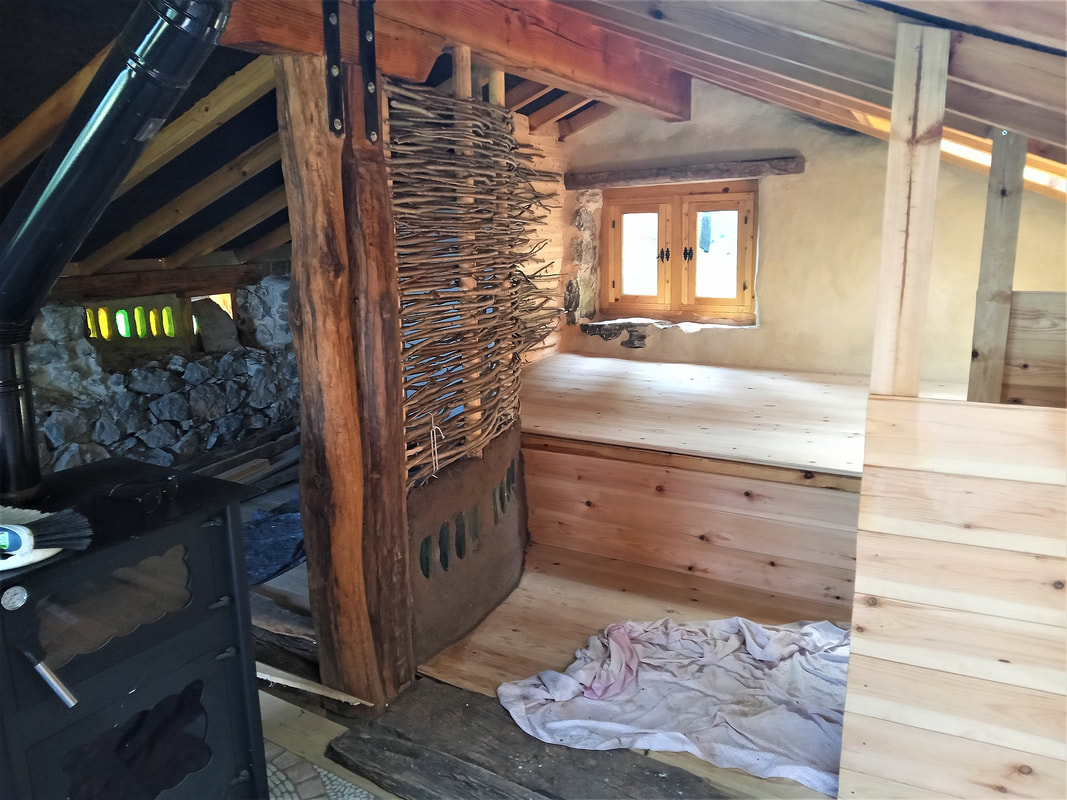
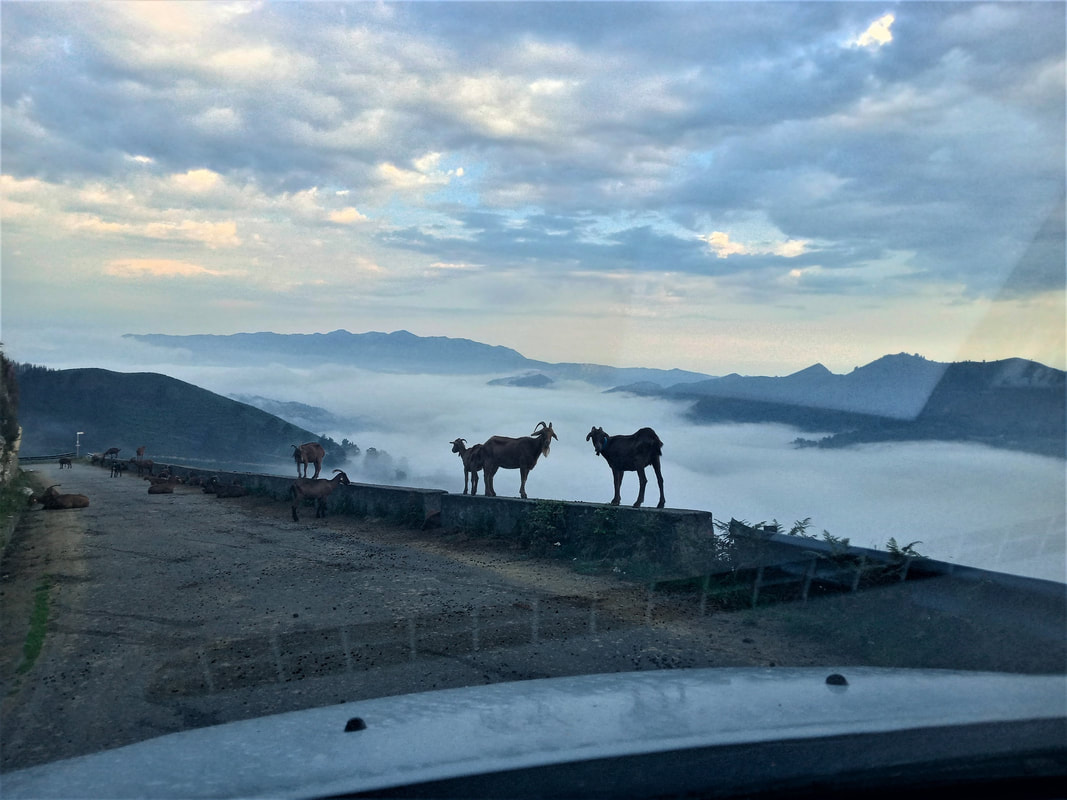
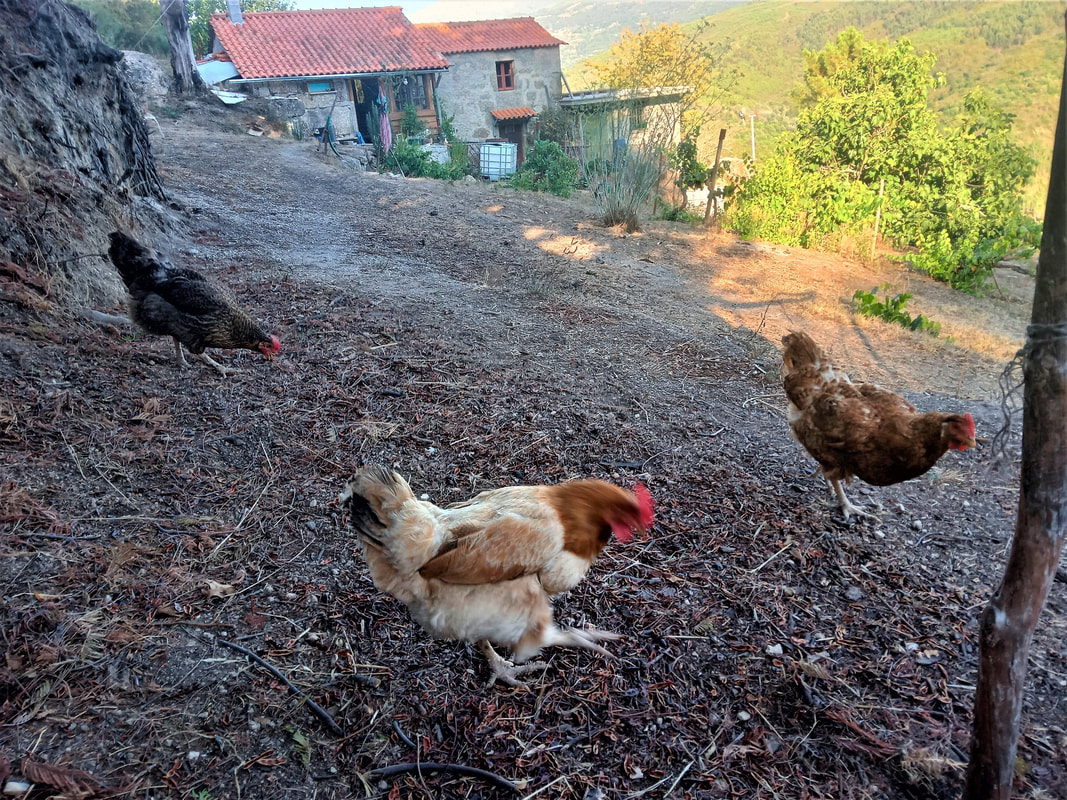
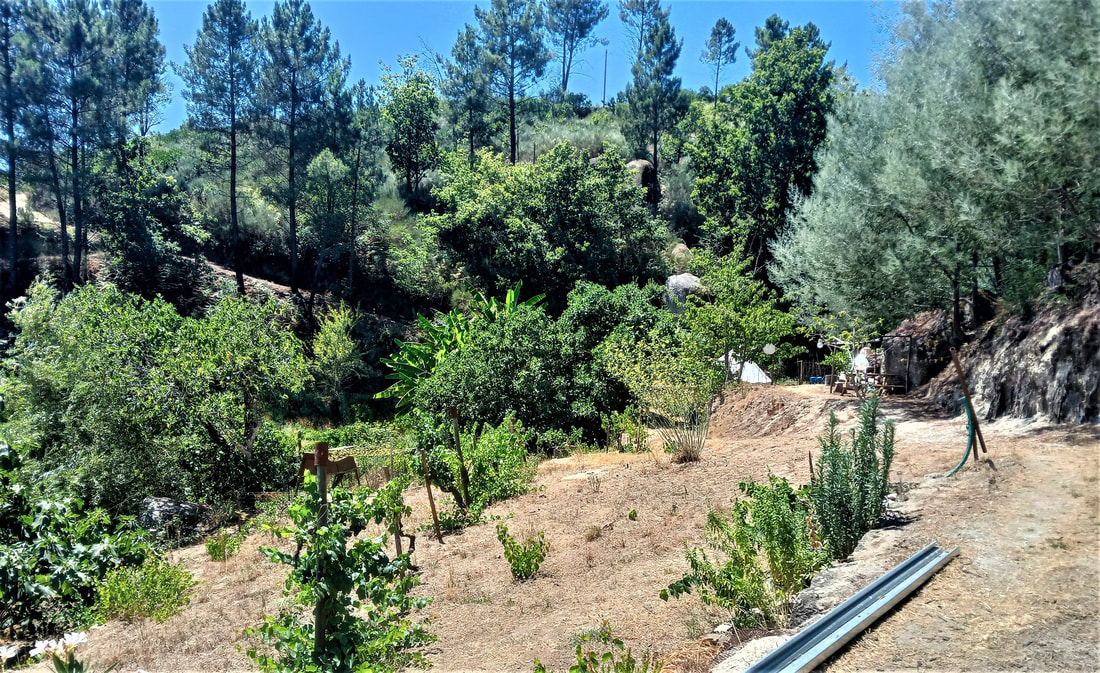
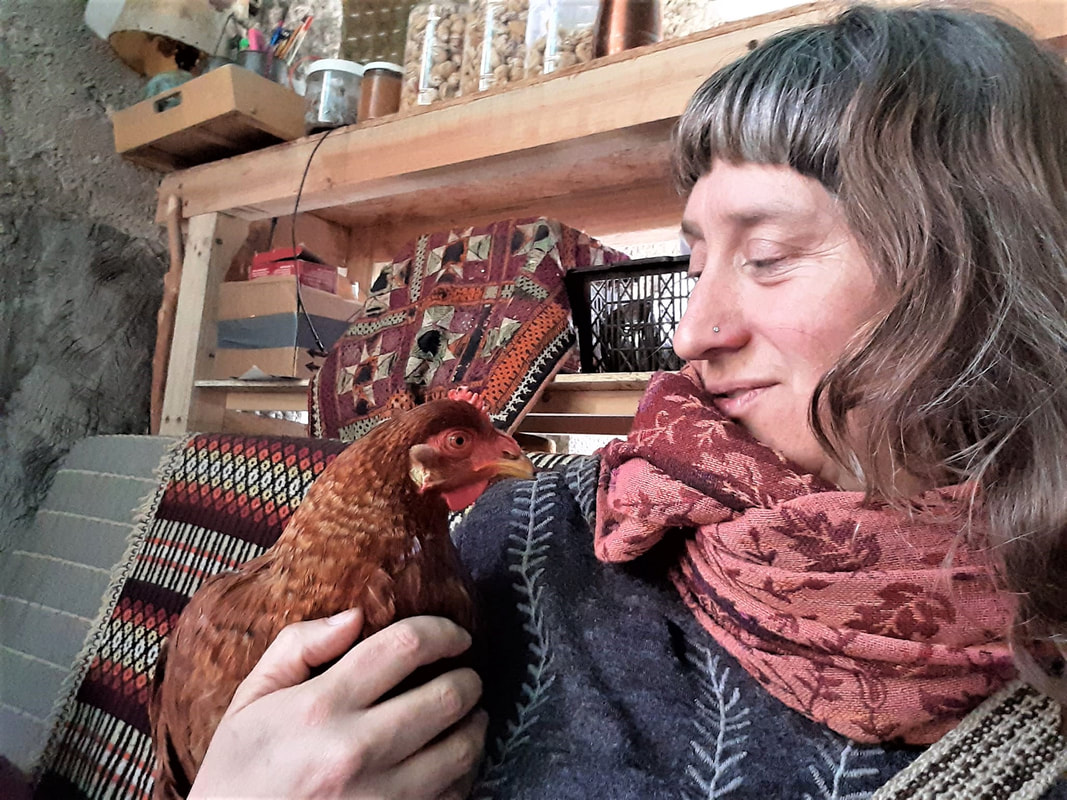
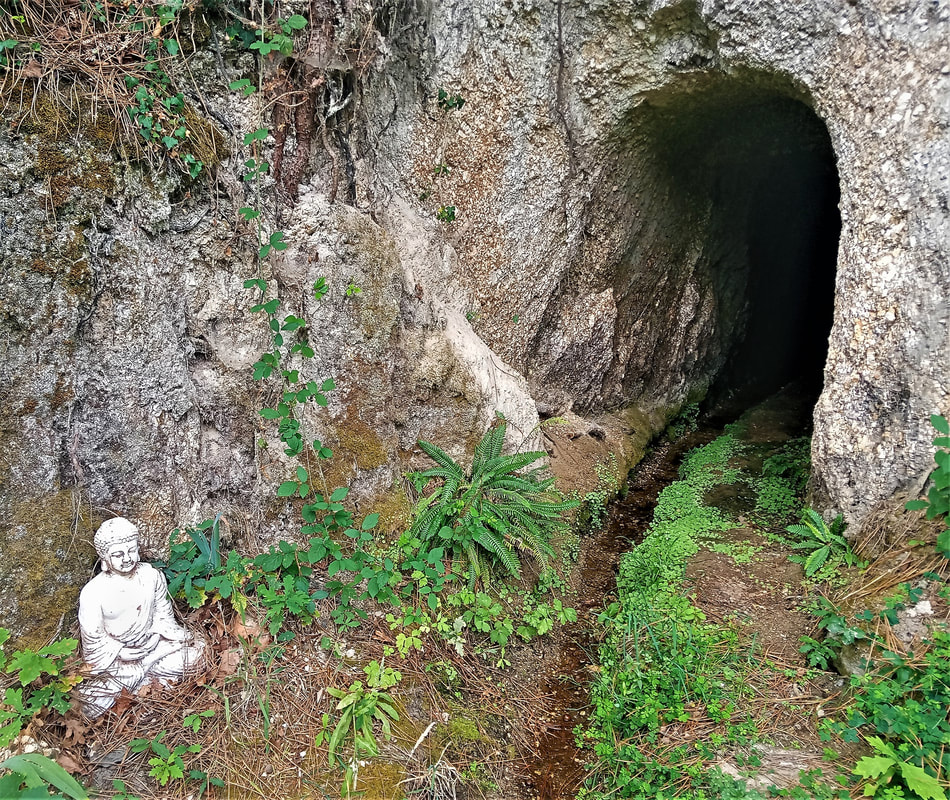
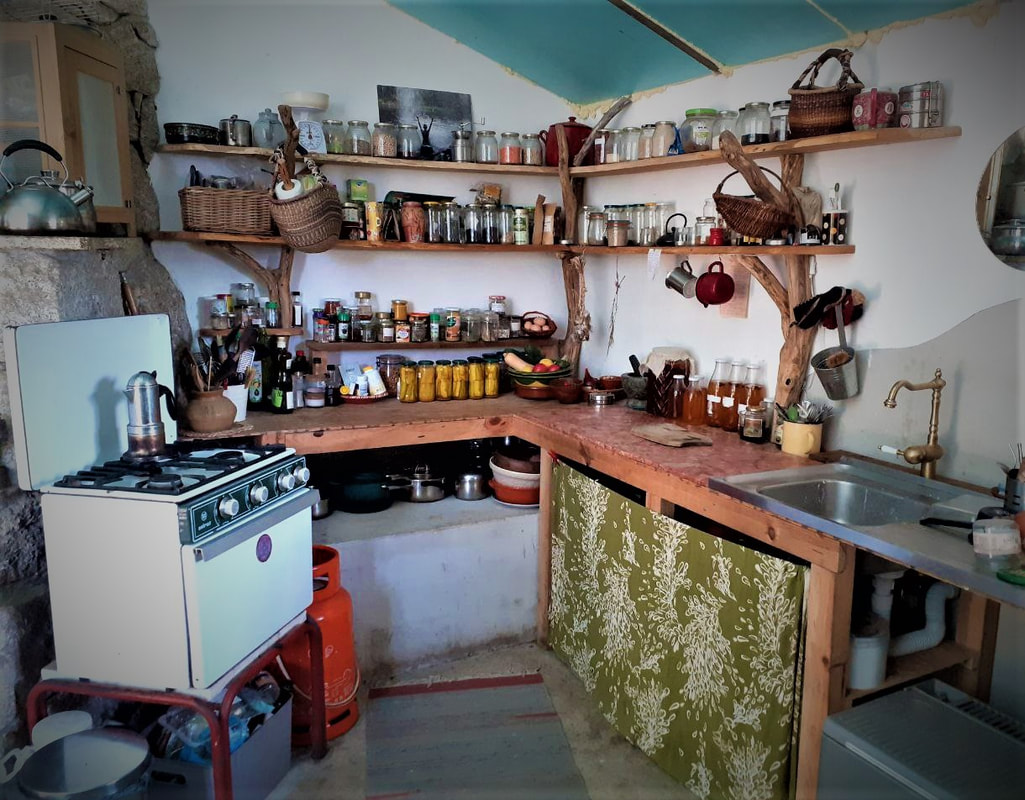
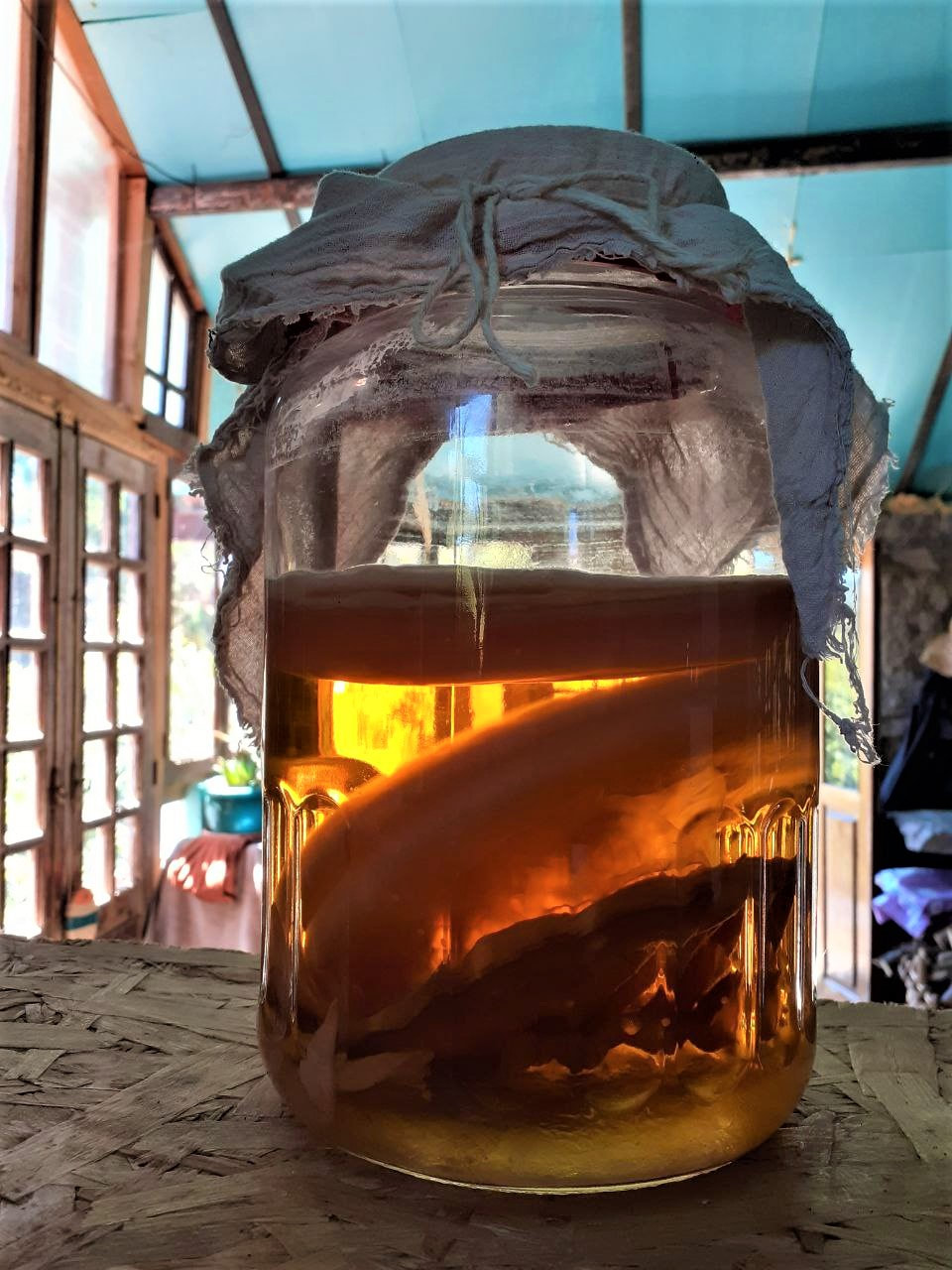
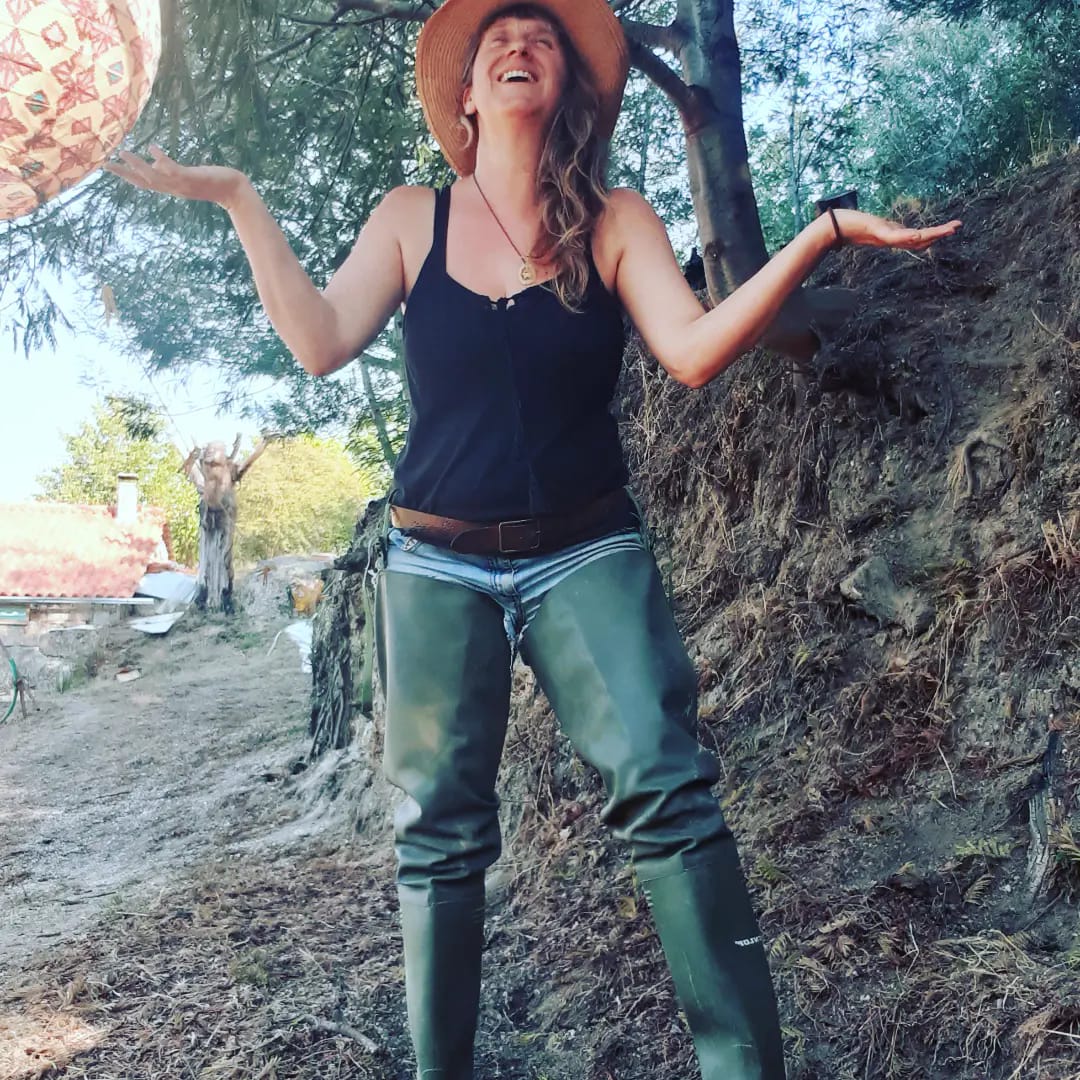
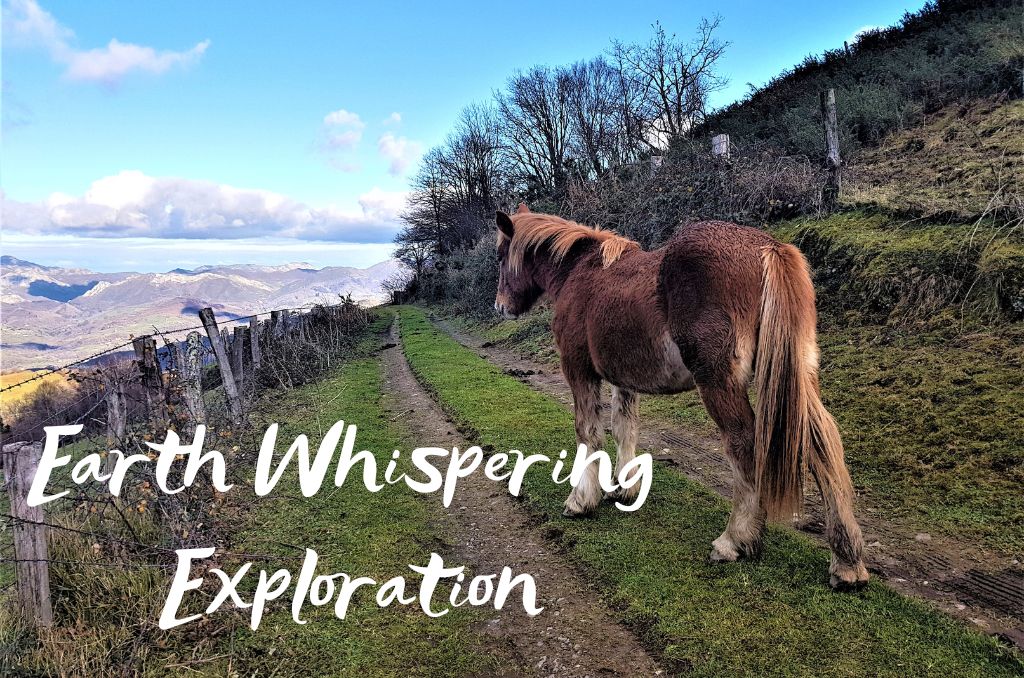
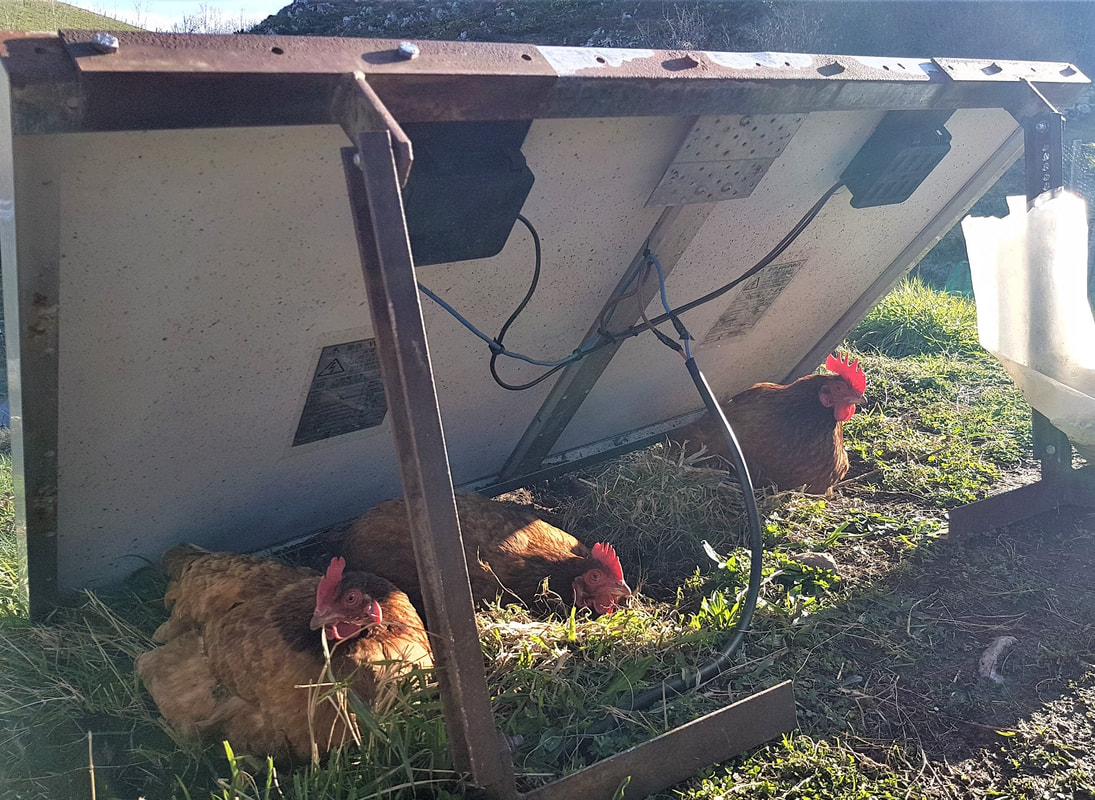
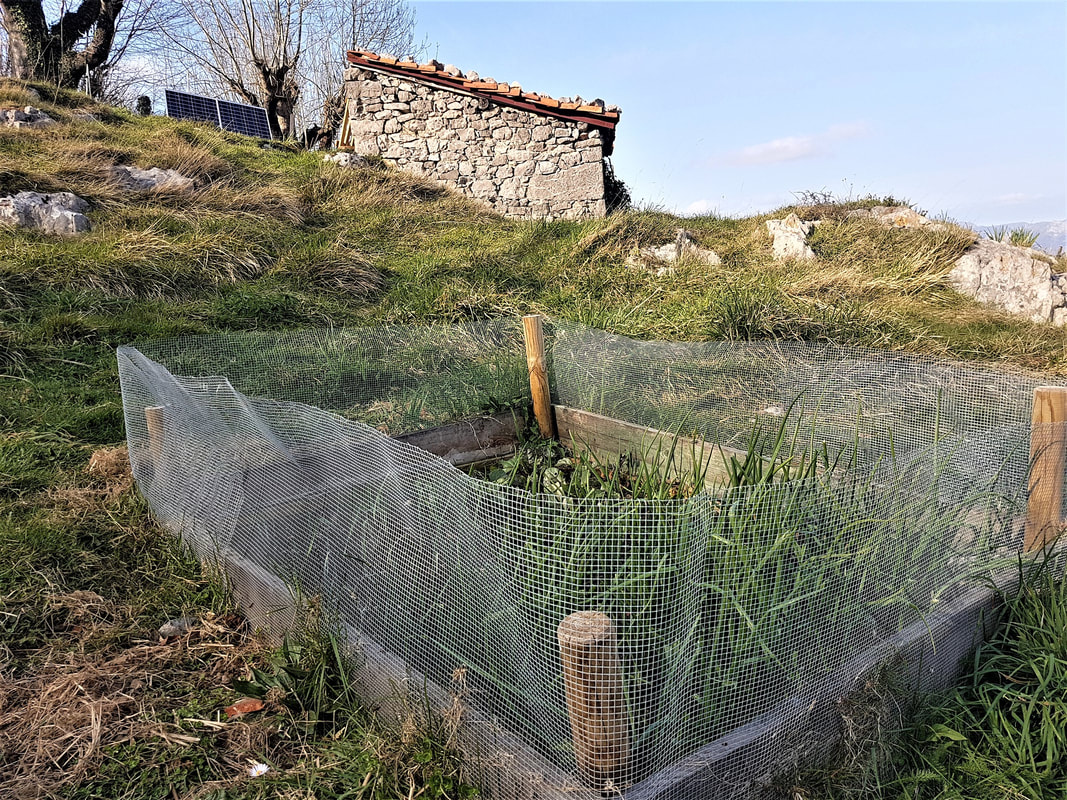
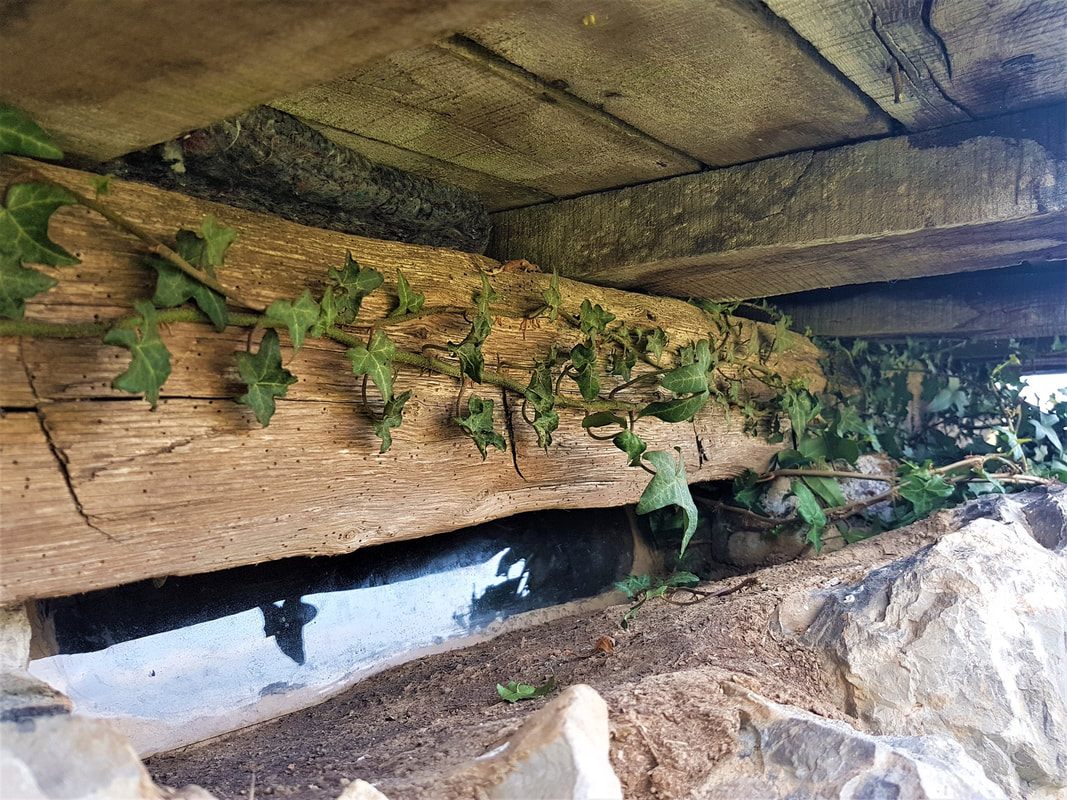
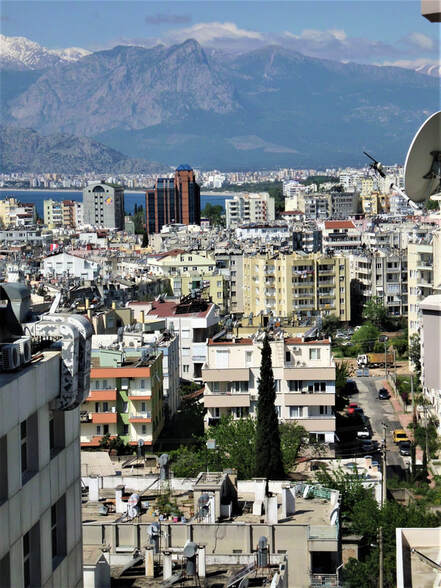
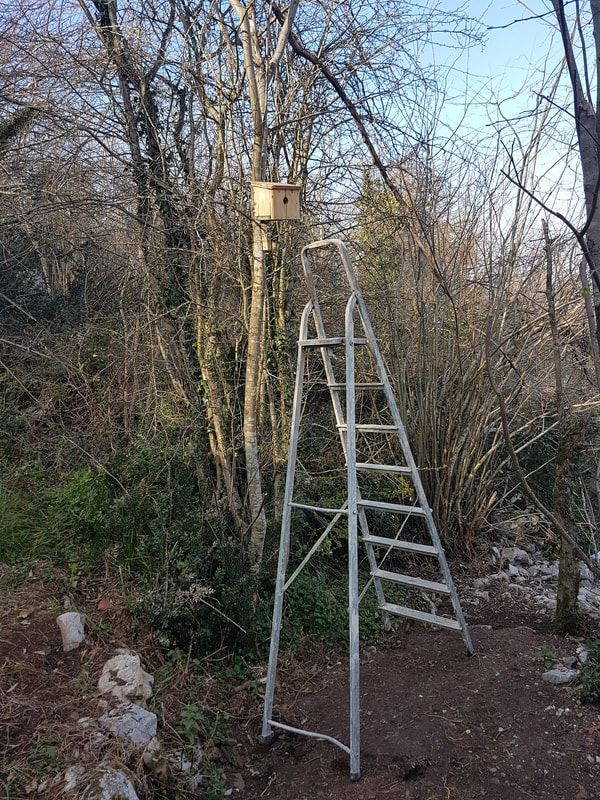
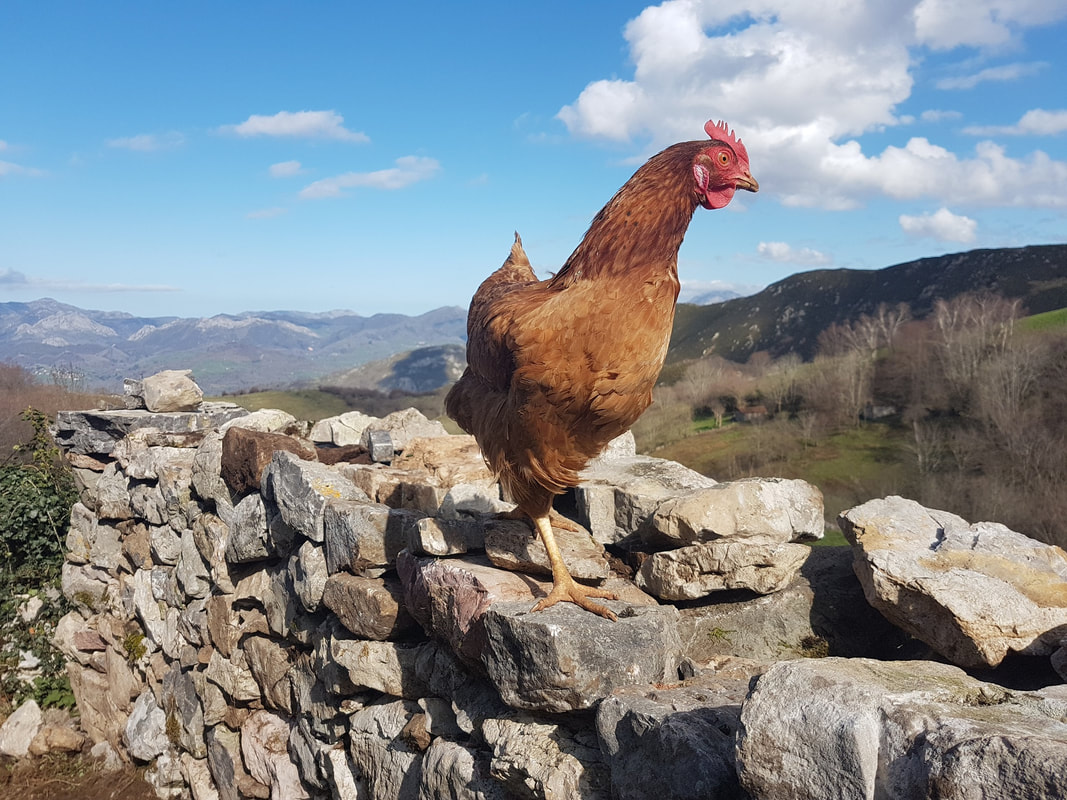
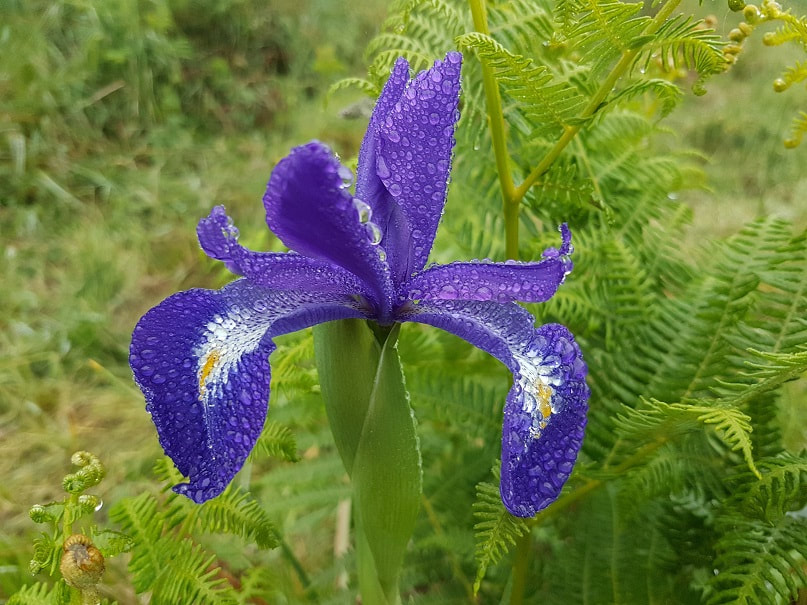
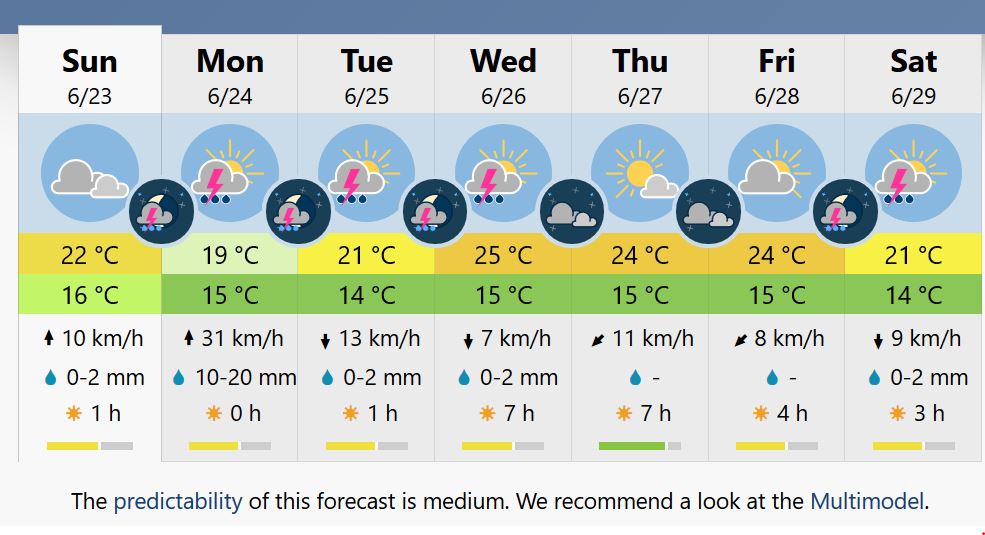
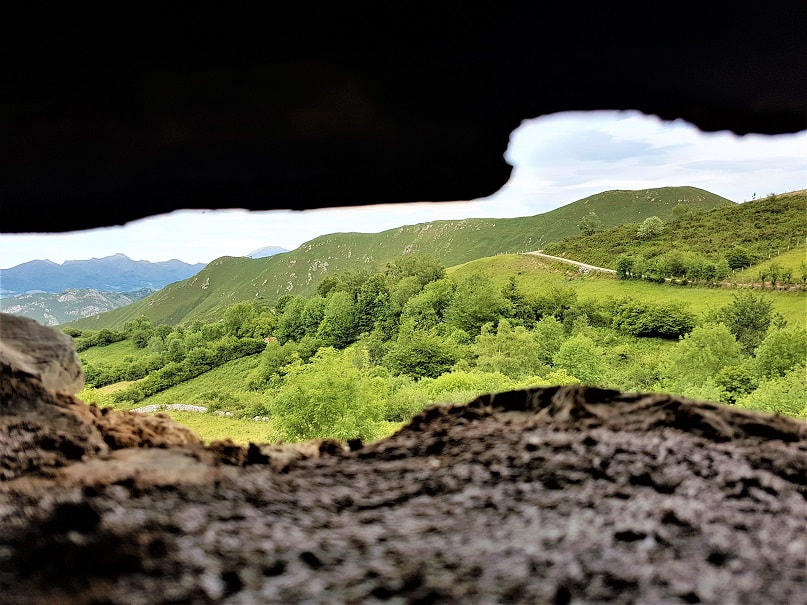
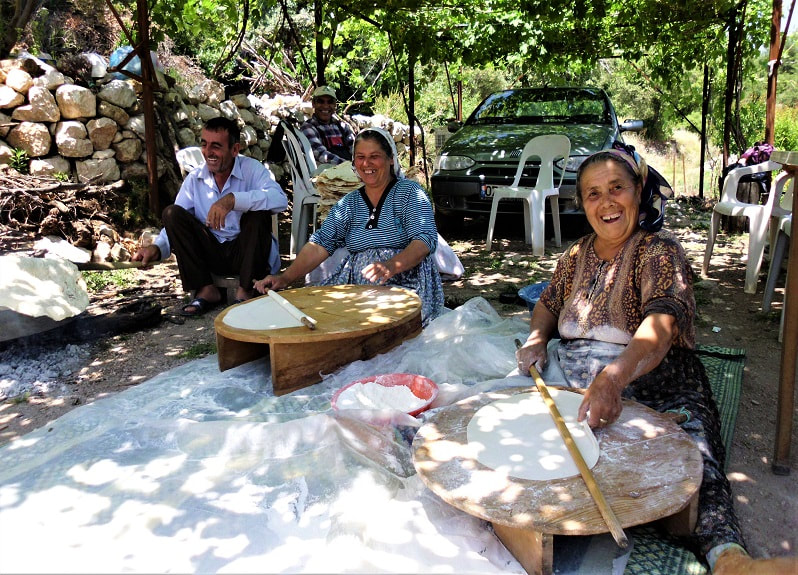

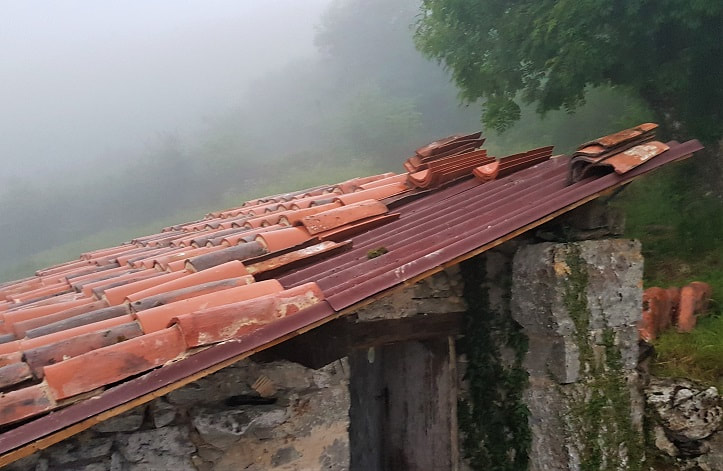
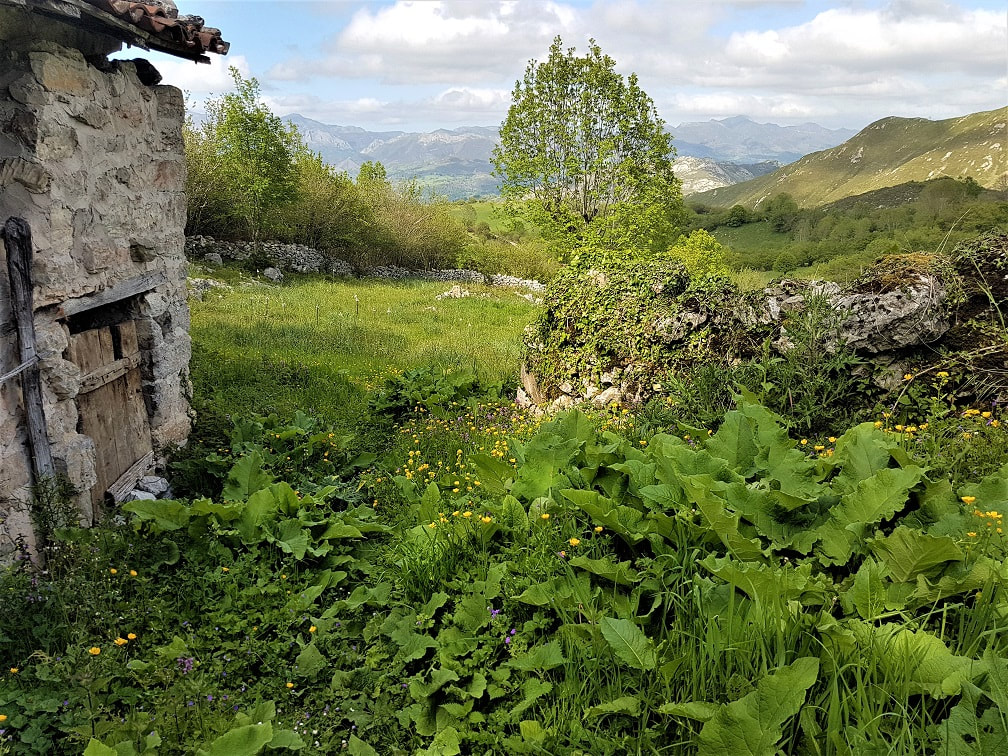
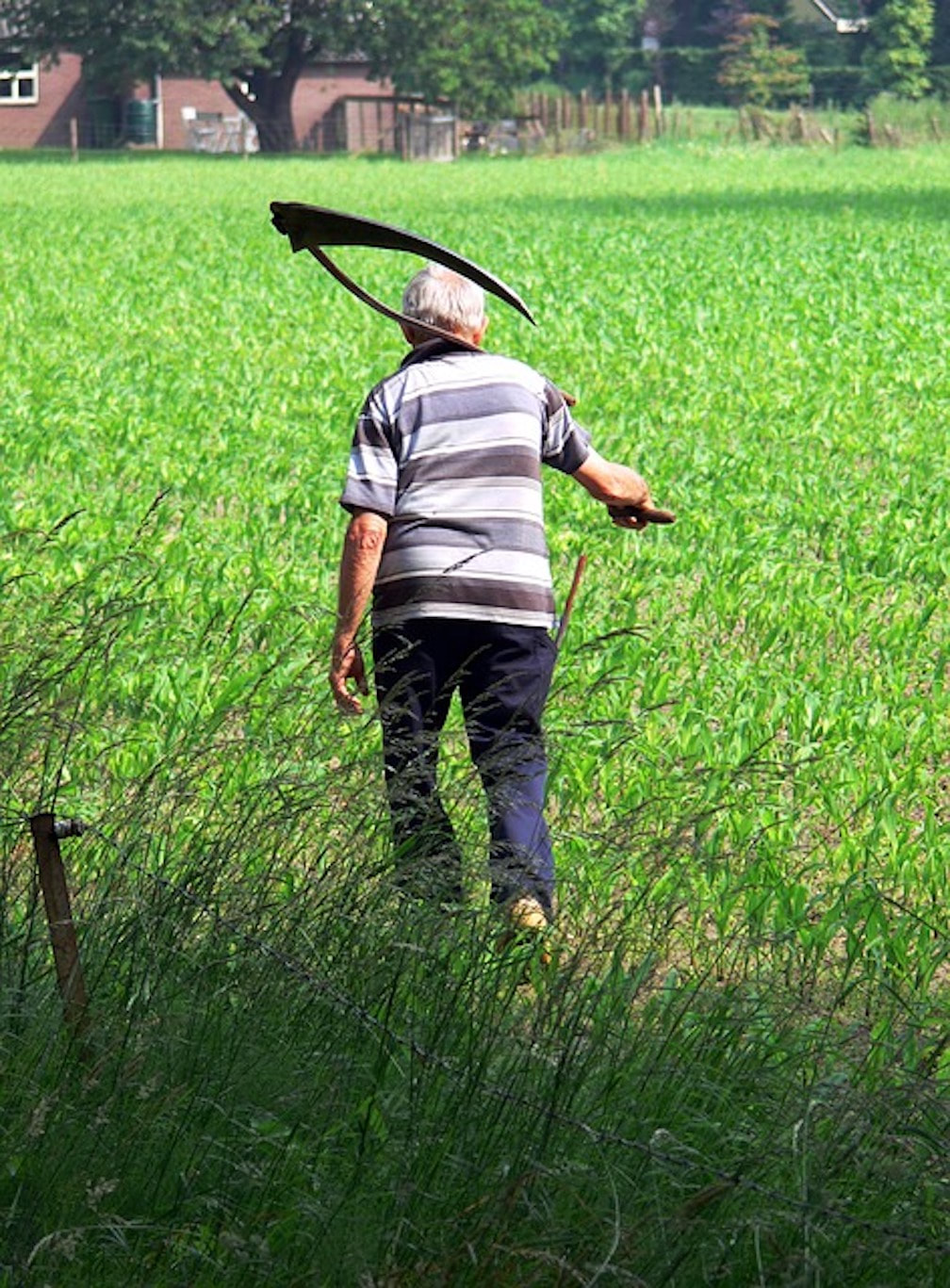
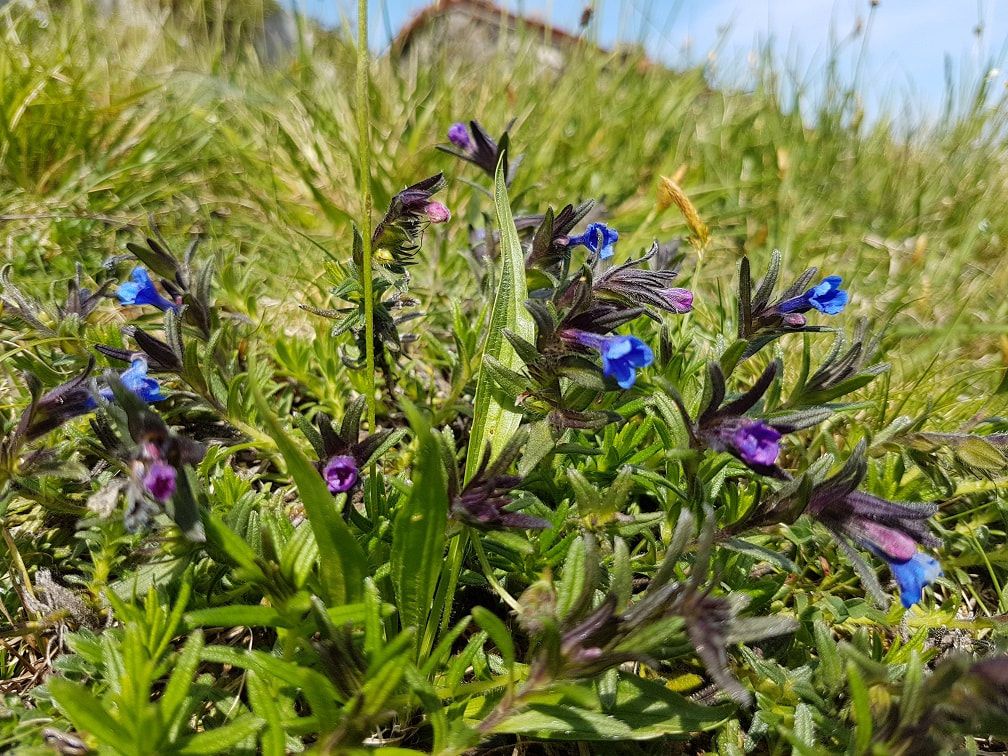
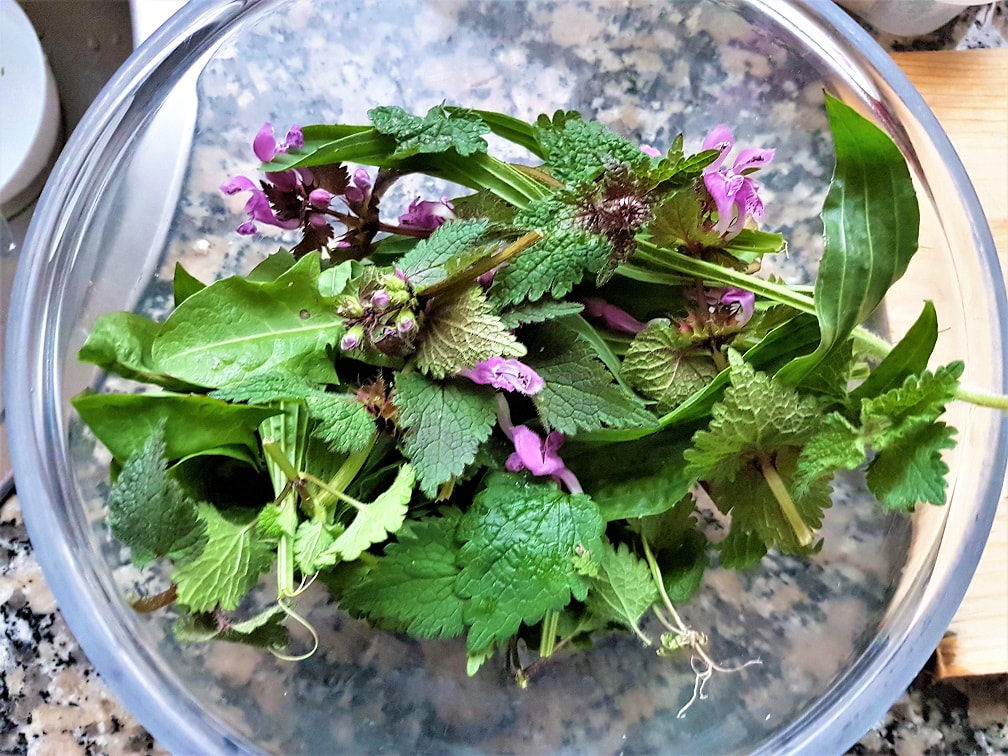
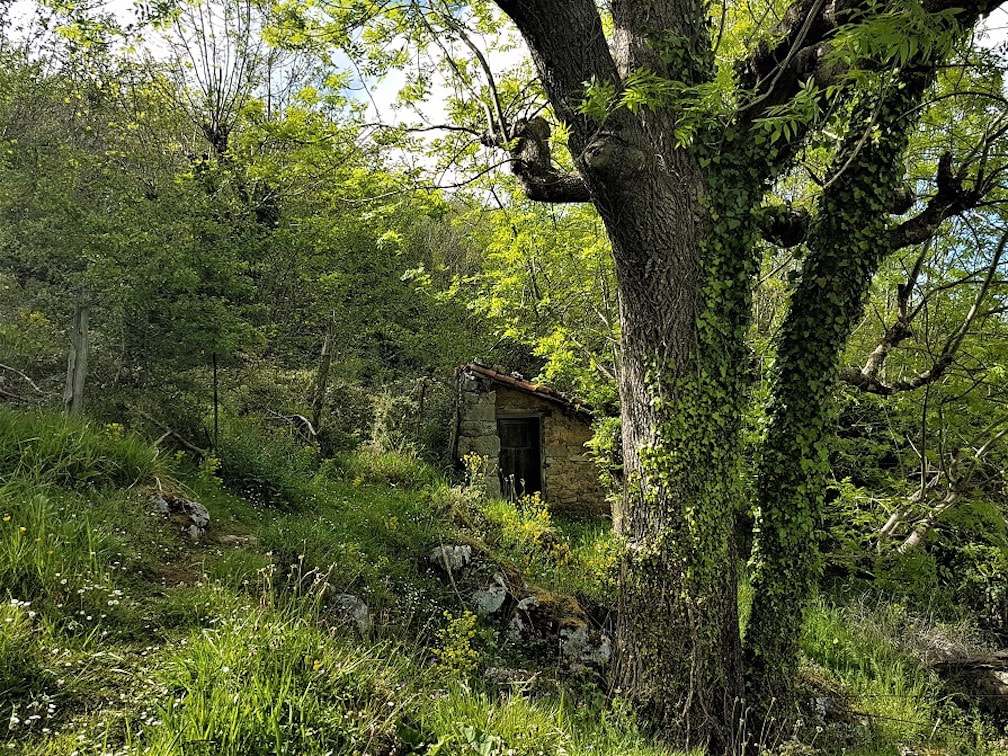

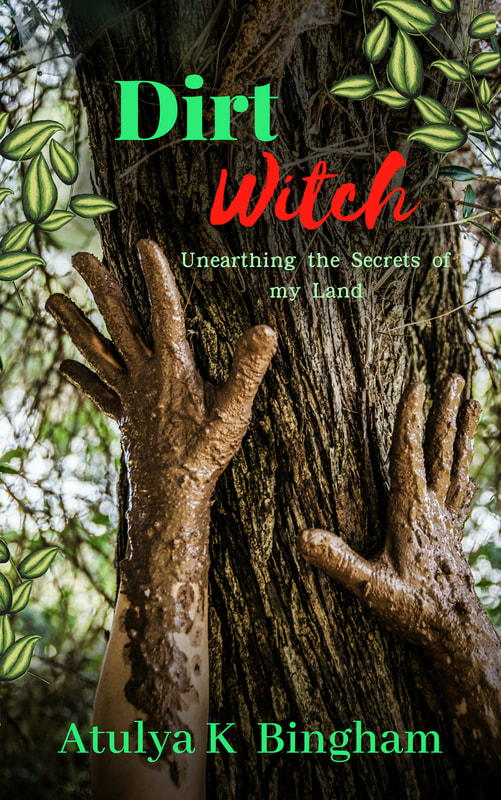
 RSS Feed
RSS Feed
